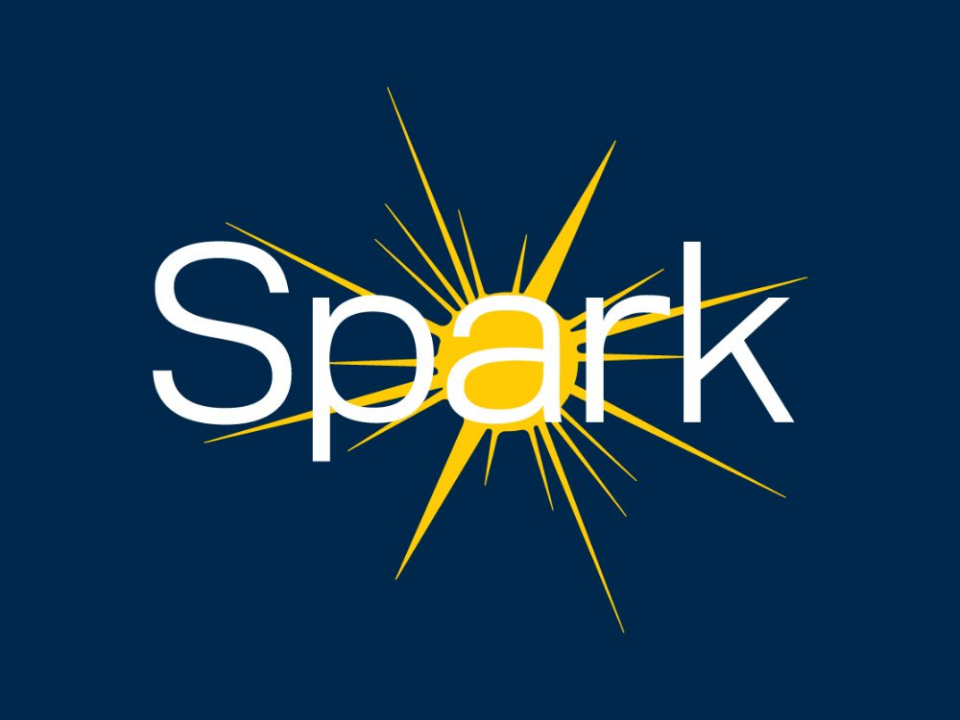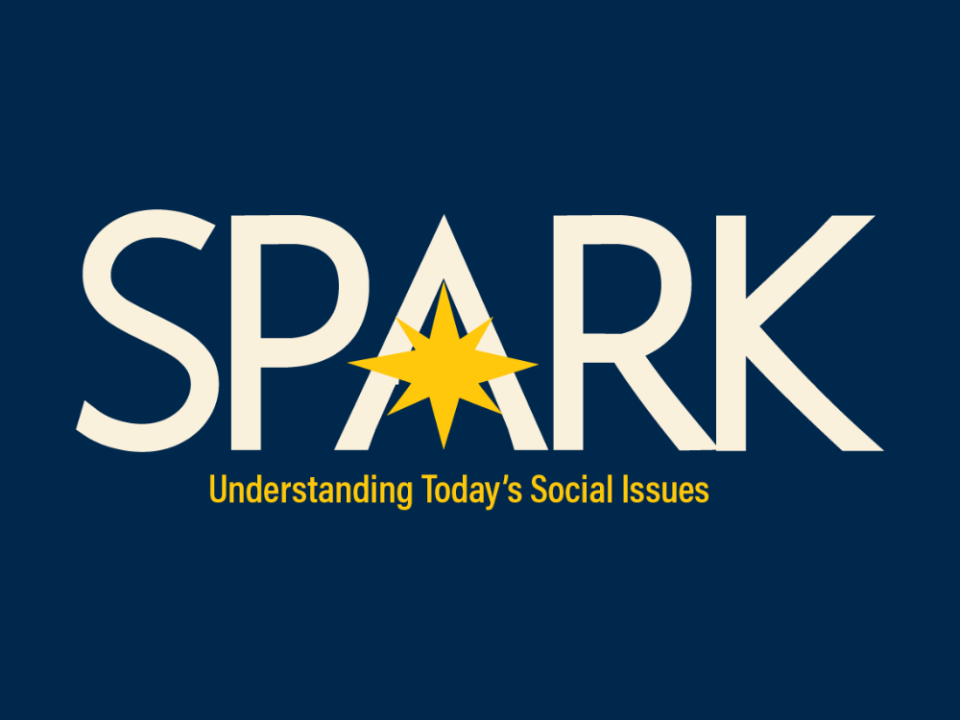- About
- News
- Events
- Initiatives
- Anti-Racism Collaborative
- Change Agents Shaping Campus Diversity and Equity (CASCaDE)
- Diversity Scholars Network
- Inclusive History Project
- James S. Jackson Distinguished Career Award for Diversity Scholarship
- LSA Collegiate Fellowship Program
- University Diversity & Social Transformation Professorship
- Publications & Resources
- About
- News
- Events
- Initiatives
- Anti-Racism Collaborative
- Change Agents Shaping Campus Diversity and Equity (CASCaDE)
- Diversity Scholars Network
- Inclusive History Project
- James S. Jackson Distinguished Career Award for Diversity Scholarship
- LSA Collegiate Fellowship Program
- University Diversity & Social Transformation Professorship
- Publications & Resources

Introducing Spark Magazine’s 2021–2023 Editorial Board
December 15, 2021
Anti-Racism Collaborative names five Research & Community Impact Fellows
January 20, 2022Pop-Up Writing Opportunity: “Environmental Racism and Justice”
Pitches are due Wednesday, February 16
The environmental justice movement elevates the crucial need to address the disproportionate exposure of communities of color to environmental hazards, elevate leadership from disproportionately impacted communities in the environmental regulatory and decision making processes, and work proactively to prevent future inequitable impacts of climate change.
The environmental justice movement is a direct response to environmental racism. It aims to address systemic racism and the consequences experienced by communities of color as a result of contamination including air pollution, toxic waste, flooding, and lack of access to healthy and fresh water. Environmental justice addresses structures that have prevented communities of color from the basic human right to live in an environment that is healthy, and to prevent disproportionate harms due to climate change.

For this Spark series, we invite submissions from diversity scholars, partnerships between scholars based in traditional academic settings and those in environmental justice communities, and scholars based outside of academic settings whose research, analysis and action are focused on environmental racism and justice. We encourage work that employs multiple formats, including written essays, video, spoken word, or mixed methods formats that can inform public discussion and action. We encourage work that takes an explicitly anti-racist approach by moving research to action and focusing on equity in decision making processes.
Submissions must be grounded in research and scholarship with an emphasis on community-partnered or community-led science; Creative integration of personal experience as related to the issues and the use of multiple formats (spoken word, video, music, research essays) is encouraged. Essays may address the following, as well as relevant topics not listed below.
- Equity-centered solutions to mitigate harms caused by environmental racism, including challenges and the opportunities to rectify and correct the damage
- Community leadership in the environmental justice movement and how it has changed the dialogue about environmental health
- Historical and contemporary forces that underlie environmental racism and the emergence of environmental justice movements.
- How racial discrimination in housing has caused disproportionate environmental hazards for families of color (e.g. redlining, zoned industrial neighborhoods).
- Emergency management and other policies that disenfranchise voters of color and their links to environmental racism (e.g., Flint water crisis)
- Illnesses and deaths caused by environmental hazards and offer solutions for addressing the immediate and long-lasting health consequences.
- The role of activists and organizers, and what we can learn from leaders of color and community influence in decision making processes.
- Federal, state, and local environmental plans (e.g. Biden’s infrastructure plan to remove all lead pipes in the country) to inform and mobilize policy and lawmakers.
As you submit your pitch, please keep in mind that the audience for Spark is not specific to any one discipline or education level. Envision the reader as someone with general education and a broad understanding of research and scholarship, but without specific knowledge of your field. Pitches will be reviewed by considering public accessibility, grounding in diversity scholarship, and clear writing organization and style.
Authors must have scholarship including community led research or creative work directly related to the topic. Priority selection will be given to members of the Diversity Scholars Network , those who engage and co-author with graduate students, and those including community members.
Invited contributors will receive writing guidelines to submit first draft within 4-6 weeks and will be assigned an editor.
This series will be curated by Dr. Amy J. Schulz, professor in the Department of Health Behavior and Health Education and University Diversity & Social Transformation Professor at the University of Michigan.
If you have any questions please contact managing editor Laura Sanchez-Parkinson at [email protected].




